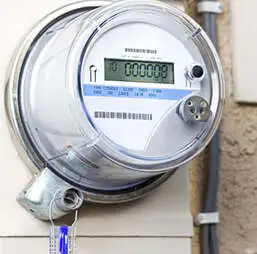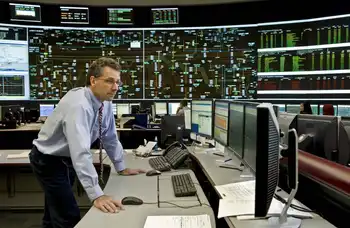Minnesota Signs Deal With Manitoba Hydro
WINNIPEG -- - The Minnesota Public Utilities Commission has unanimously approved a $1.7 billion power export deal with Manitoba Hydro.
It allows Minneapolis-based Xcel Energy to import power from Manitoba Hydro, despite the objections of aboriginal groups.
The 500-megawatt, 10-year deal was given the go-ahead.
It's an extension of an existing deal and will allow power to be exported until 2015.
Approval by Canada's National Energy Board is pending.
The Minnesota decision is a blow to the Pimicikamak Cree Nation of Cross Lake, Manitoba. They had asked the commission to first call a formal hearing into the social and economic impact of historic hydro development on their homeland.
Related News

CALIFORNIA: Why your electricity prices are soaring
LOS ANGELES - California Electricity Prices are surging across PG&E, SCE, and SDG&E territories, driven by fixed grid costs, wildfire mitigation, CARE subsidies, and Net Energy Metering, burdening low-income renters and increasing statewide utility debt, CPUC reports show.
Key Points
High rates driven by fixed grid costs and policies, burdening low-income customers across PG&E, SCE, and SDG&E.
✅ Fixed costs: transmission, distribution, wildfire mitigation
✅ Solar NEM shifts grid costs onto remaining ratepayers
✅ CPUC, CARE, LIHEAP aim to relieve rising utility debt
California's electricity prices are among the highest in the country, new research says, and those…




